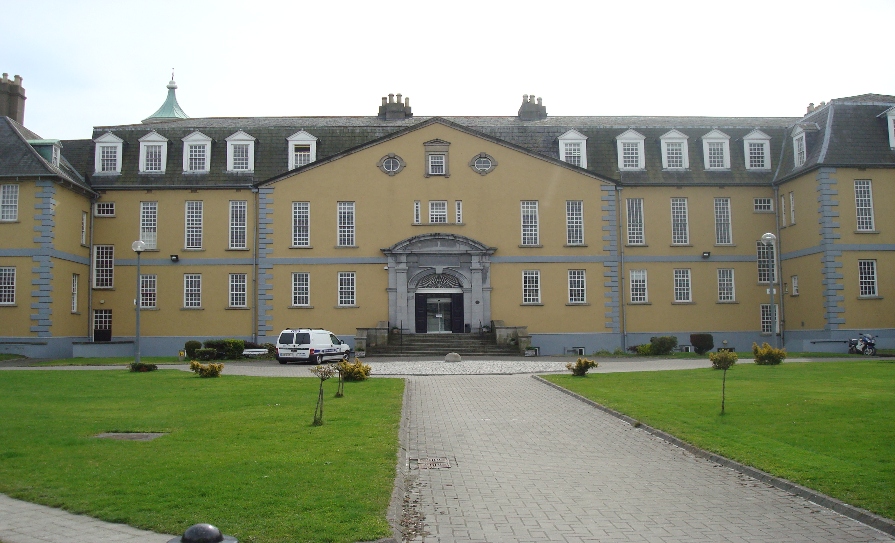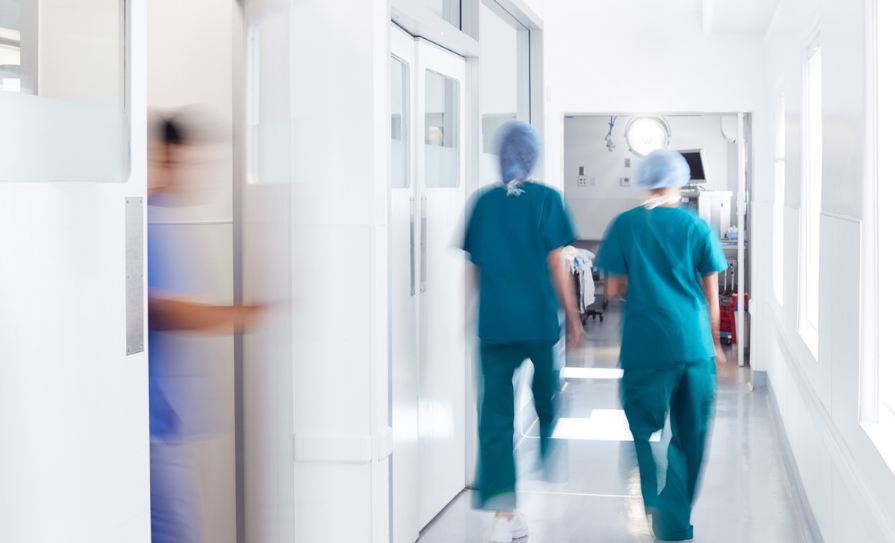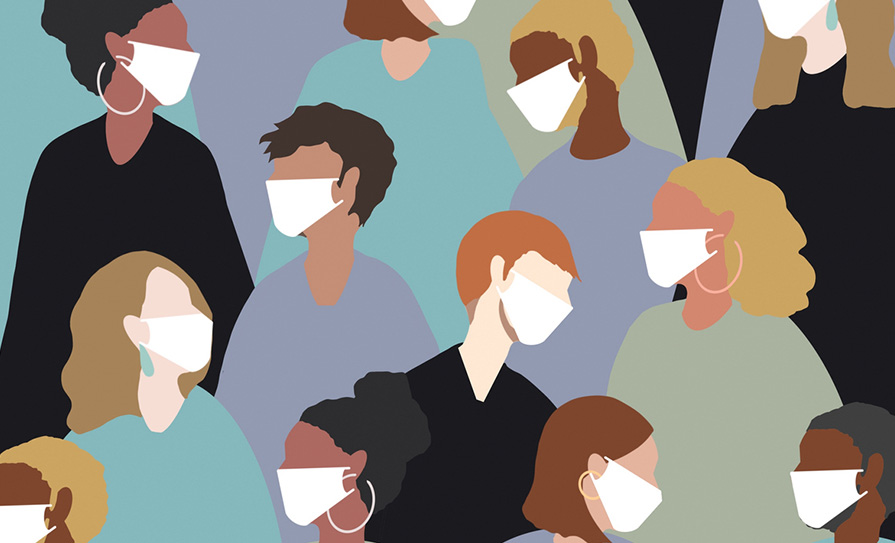The IHCA has urged the public to use a higher degree of caution in the coming weeks given the widespread community transmissions of Covid-19 and the resulting rise in hospitalisations.
According to the Association, increased awareness among the public would help to prevent the health service from buckling under the weight of record emergency presentations and increased Covid activity in hospitals.
“We recognise the need, after two years of the pandemic, to manage living alongside Covid-19, but at this point we should be in a much better position in terms of having the required hospital capacity to meet the current demand for care,” said IHCA President Prof Alan Irvine. “However, in the absence of government action to increase our public hospital capacity, the public may once again have to play its part in getting this latest surge under control.”
The IHCA encourages the 700,000 members of the public yet to receive their third booster to do so, to protect themselves, their families and those who are most at-risk and vulnerable to the virus.
Capacity deficits mean hospitals cannot cope with the surge in Covid cases, resulting in cancellations of surgeries, diagnostic investigations and outpatient appointments.
“There is continuous commentary about the health service being under pressure but other than short-term, unsustainable solutions, like cancelling scheduled essential care, not enough is being done to actually increase our public hospital capacity and put in place sustainable solutions to ensure the provision of timely care to patients as needed,” Prof Irvine continues. “Cancelling essential surgeries will only increase record waiting lists even further.”
According to the professor, hospitals are further impacted by the 5,000 health staff absent due to Covid-19 and the fact that approved consultant positions that are vacant or filled on a temporary, locum or agency basis have reached an all-time high of 837 posts.
“The vacancies and the shortage of consultants have resulted in excessive workloads being carried by understaffed medical and surgical teams to the detriment of patients,” he said. “There has been no let-up in the workload pressures being faced by this exhausted cohort of staff.”
Prof Irvine encouraged the government to reverse their decision to cut the pay of consultants appointed after 2012 and to appoint an independent chair, agreed with the representative organisation, to oversee new consultant contract negotiations which have been “stalled by the State with no engagement since last December”.













Leave a Reply
You must be logged in to post a comment.